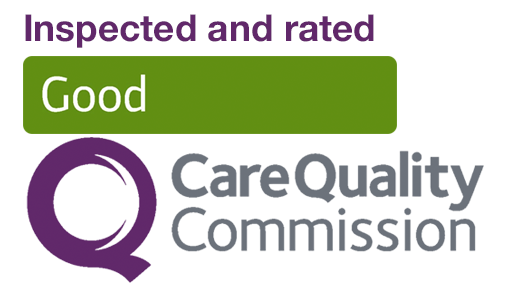- Experience excellence in diagnostics with our state-of-the-art laboratory, delivering accurate and timely test results
- info@bioscanlab.co.uk
- +44 333 050 8883

Kidney disease is often referred to as a “silent killer” for a reason – it creeps up slowly, with many people unaware that their kidneys are deteriorating until it’s almost too late. The warning signs can be subtle or mistaken for something less serious, which is why so many cases go unnoticed until the damage is irreversible. The truth is, if left untreated, kidney disease can lead to severe complications, including kidney failure, the need for dialysis, or even death. Yet, the early signs and symptoms are there, hidden in plain sight, waiting to be recognised before it’s too late.
Ignoring the early indicators can be dangerous. Your body could be screaming for help, yet without recognising these symptoms, you might miss the critical window for early intervention. Knowing what to look for – those unsettling changes in your body – could be the difference between managing the disease or suffering its devastating consequences. Let’s break down the signs and symptoms that could signal a looming crisis for your kidneys.
One of the early signs of kidney disease is a constant feeling of tiredness or lack of energy. This happens because damaged kidneys produce less of the hormone erythropoietin (EPO), which is responsible for encouraging the production of red blood cells. With fewer red blood cells to carry oxygen around the body, you may develop anaemia, which causes fatigue.
What to look for:
Swelling, also known as oedema, can occur when your kidneys aren’t removing enough fluid from your body. This can lead to a build-up of fluid, especially in your legs, ankles, feet, and sometimes in your face or hands.
What to look for:
Since your kidneys are responsible for producing urine, changes in your urinary habits can be a strong indicator that something is wrong. You might notice you’re going more frequently or that your urine looks different.
What to look for:
Kidneys play an important role in regulating blood pressure by balancing fluid levels and salt in your body. If they’re not functioning properly, this balance can be thrown off, leading to high blood pressure, which can further harm your kidneys.
What to look for:
Kidney disease can cause shortness of breath in a couple of ways. Firstly, excess fluid may build up in your lungs, causing breathlessness. Secondly, anaemia caused by reduced EPO production can lead to low oxygen levels in your body, making you feel short of breath.
What to look for:
If your kidneys aren’t filtering waste from your blood properly, toxins can start to accumulate, leading to a condition known as uraemia. This can cause nausea and vomiting, particularly after eating.
What to look for:
The build-up of waste products in your bloodstream can affect your sense of taste and lead to bad breath. Many people with kidney disease report a metallic taste in their mouths, which can make food less appealing.
What to look for:
Kidneys help to regulate the balance of minerals like calcium, potassium, and phosphorus in your blood. When this balance is disrupted, it can cause muscle cramps, twitches, or even spasms.
What to look for:
When your kidneys are not working properly, waste can build up in your blood, causing dry and itchy skin. In advanced kidney disease, this can also be linked to a condition called uremic pruritus.
What to look for:
As toxins build up in your body due to kidney dysfunction, it can affect brain function, leading to problems with concentration, memory, or mental clarity.
What to look for:
There are various types of kidney disease that can cause these symptoms, with chronic kidney disease (CKD) being the most common. CKD is a long-term condition where the kidneys gradually lose their function over time, often caused by high blood pressure or diabetes. Acute kidney injury (AKI), on the other hand, is a sudden loss of kidney function, which can be triggered by severe dehydration, infections, or a blockage in the urinary tract.
Other types include polycystic kidney disease (PKD), a genetic disorder where fluid-filled cysts form in the kidneys, and glomerulonephritis, an inflammation of the kidney’s filtering units, which can occur due to infections or autoimmune diseases.
If you notice any of these symptoms, it’s essential to see your GP as soon as possible. While these signs don’t necessarily mean you have kidney disease, they do warrant investigation. Simple tests, like a blood test to check your kidney function (measuring creatinine and eGFR) and a urine test to detect protein or blood in your urine, can help diagnose the condition early.
Kidney disease often progresses silently, with few symptoms until the later stages. By paying attention to changes in your body and seeking medical advice if you notice any persistent symptoms, you can catch the disease early and get the right treatment. Lifestyle changes like maintaining a healthy diet, controlling blood pressure, staying hydrated, and managing underlying health conditions can help protect your kidneys and prevent further damage.
Your health is in your hands – be mindful of the signs, and don’t hesitate to reach out to a healthcare professional if you’re concerned about your kidneys.


